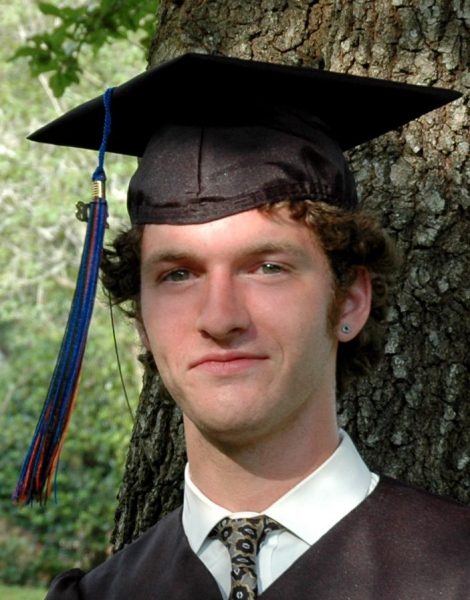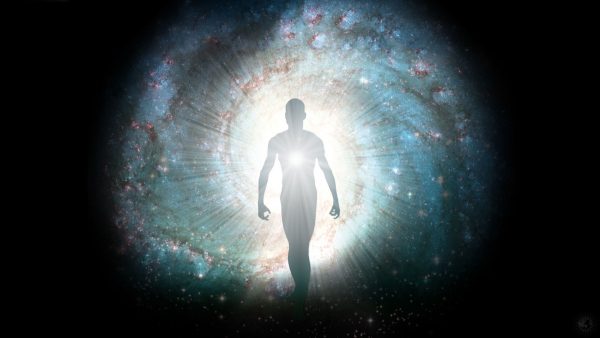I have a couple of reminders before Buddha steps up to the mike! For those of you wishing to be a part of the grieving parents group, it’s definitely in the works. Jamie has been in California giving classes so it looks like it’ll be scheduled sometime in October. There’s a chance it’ll be mid-November, but I hope not. With the San Diego event on top of things, it’s a busy time of year for her. Nevertheless, it looks like she and Erik will host these sessions every two weeks for those interested in communicating with their sons and daughters on a regular basis.
Speaking of the San Diego, I’m so looking forward to meeting some of you! This is going to be such an amazing event, and I’m sure Erik will be the little mischievous prankster he’s been at all the other events. If there are any of you who have yet to sign up but plan to, email me at emedhus@gmail.com. Jamie is trying to get an accurate headcount. If any of you are hemming and hawing, take the leap. Come! Those of you who have already been to these event, write comments about how life-changing they’ve been!
Me: Oh, great. I understood that, but barely, so what does that say about me? Now how do you define Nirvana and karma today? Do you define it the same as you did before?
Buddha: I would with Nirvana. It is the place of ultimate joy.
(Pause)
Jamie: He’s comparing it to other religions within their belief such as Heaven and so forth.
Buddha: With karma—
Jamie listens for a while, then giggles.
Buddha: Humans who are alive now in this phase of earthly life—
Jamie: It’s almost like this era, you know?
Buddha: —are still trapped in the desire, wanting to not be held responsible. They want something external to them to be held responsible but not themselves.
Jamie grins.
Jamie: So when he goes to define karma, which is a self-evaluation of lives previous and lives forward and how they feed onto the life you are living now, it is very self-responsible for a person to be able to identify.
Buddha: In the past, it has been translated into a punishment. If you were to have done something seen as hurtful or wrongful, then you may—
Jamie looks over at Buddha, giggles and looks back at me and makes air quotes.
Jamie: Air quotes! (She points her thumb at Buddha.)
Me: Buddha did air quotes!
Jamie: In air quotes, “Then you may pay for it.”
Buddha: Then you may sacrifice for it; you may pay for it during this living life.
Me: So it’s almost like an external, yes, like an externally directed punishment.
Buddha: There is no punishment.
Me: Yeah.
Buddha: It would be a personal goal of yours to balance your own scale. There is no punishment. That is the correction I would make with karma.
Me: Okay. Now some, including me, view Buddha as following wisdom versus Jesus as following the heart. One lets the illusion fall away. The other loves the illusion even to his death. Now for me I think a nice middle road is best. One is the gas in the car, but you want to have it steer wisely, being a source of love and harmony, integration and oneness, but able to remain calm and collected, letting the moments of stress flow on by. How do you take that?
(This was submitted by blog member, Ryan.)
Jamie (grinning): He enjoyed your explanation. He’s speaking about Jesus being very dear to him, close to him, a brother to him.
Buddha: He came upon the Earth in a time when people were starting to pull away from their emotions and begin to become intimately involved—
My telephone rings, and I quickly unplug it.
Jamie glances at Buddha, then looks at me and laughs.
Me: Go ahead.
Jamie (making a timeout sign): Break for the telephone!
Me: I thought I unplugged them all, but I guess not!
Jamie: That’s like me earlier. I had my computer off and all of a sudden in the reading it clicked on and the sound was blaring, and I could not turn it off no matter how many times I pushed the button and everything. It wouldn’t turn off.
Me: That’s Erik! Sorry Buddha. Oops.
Jamie: No, he’s smiling.
Me: Oops, Modern technology.
Buddha: It’s life.
Me: Yes, that’s life.
Buddha: We were talking about when Jesus was coming into a time where people were pulling away from their heart and began to use their intelligence and their mind to become more focused on government structures—to be led by a government rather than led by a belief. For Jesus to create a message to bring people back to the heart—this was very important—when he was alive in the human body, for the incarnation that I was known as Buddha, because I’ve been several places since then—there were governments in place, structures in place. But people still had an understanding of the importance of emotions. When—
(Pause)
Jamie: He’s talking about when the mind can ach—when the mind can achieve joy, it will never leave you. When the heart achieves joy—
(Pause)
Jamie (to Buddha): I don’t understand.
(Pause)
Jamie (to Buddha): No, I don’t understand the word, sorry.
Jamie (to me, giggling): He was telling me again, and I’m like, “No, it’s the word I don’t get!”
Buddha: When the heart achieves joy, it feels it throughout the body, but if the two (the mind and the heart) are independently achieving it without the other, the sustainability cannot last the whole human life. It will come into question. It will become into doubt. You will lack the support or the confidence in maintaining that level of joy or enlightenment. The two have to be together.
Me: Fascinating!



